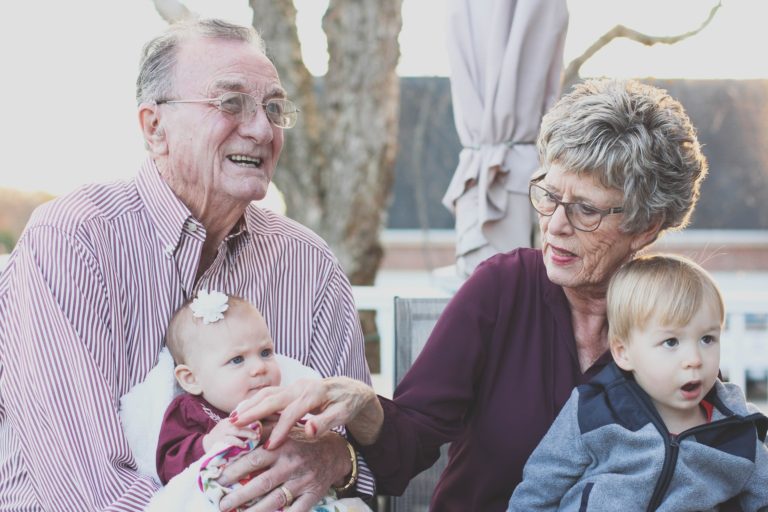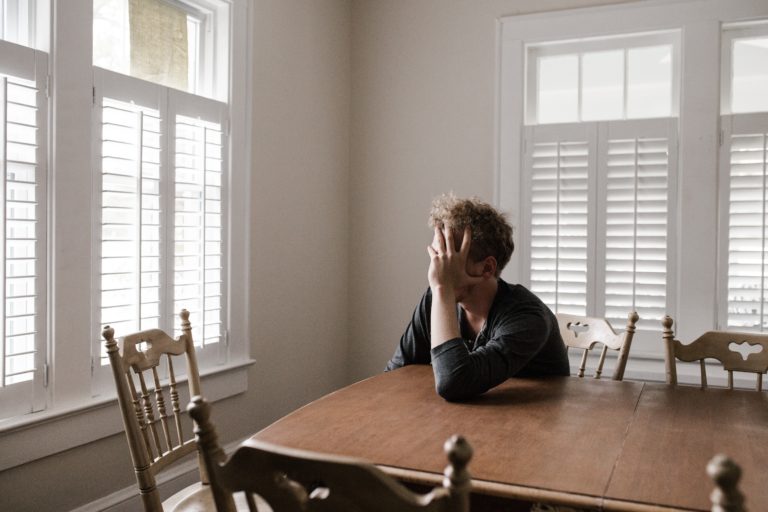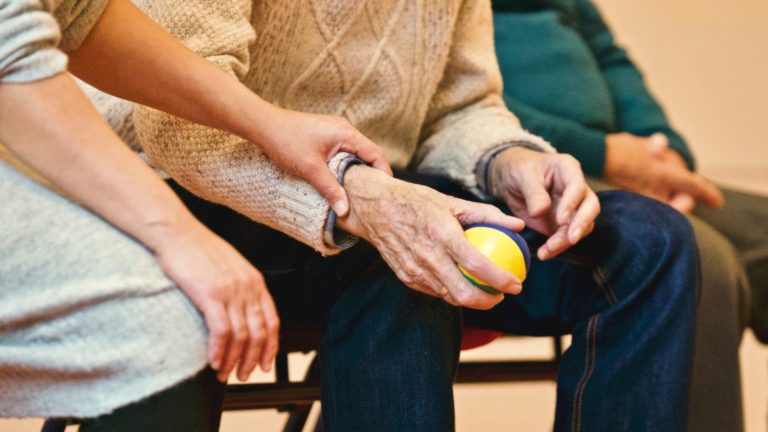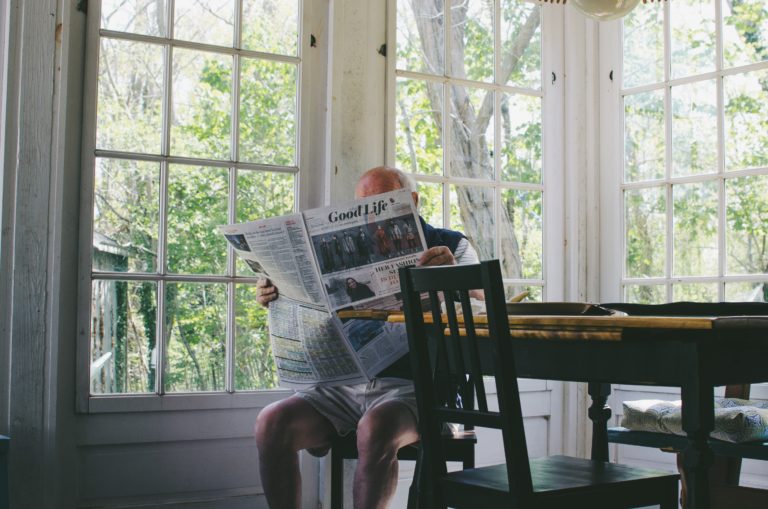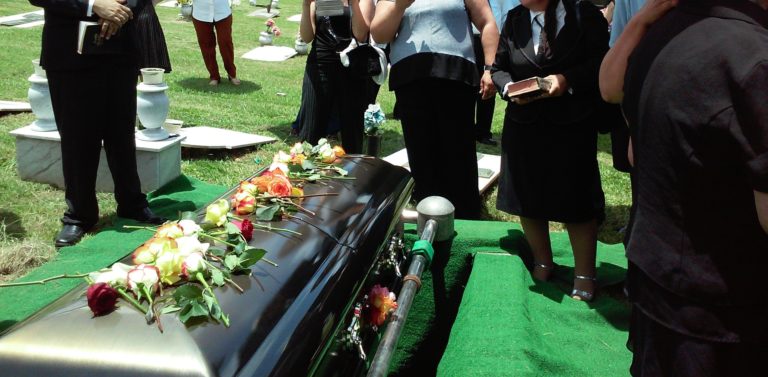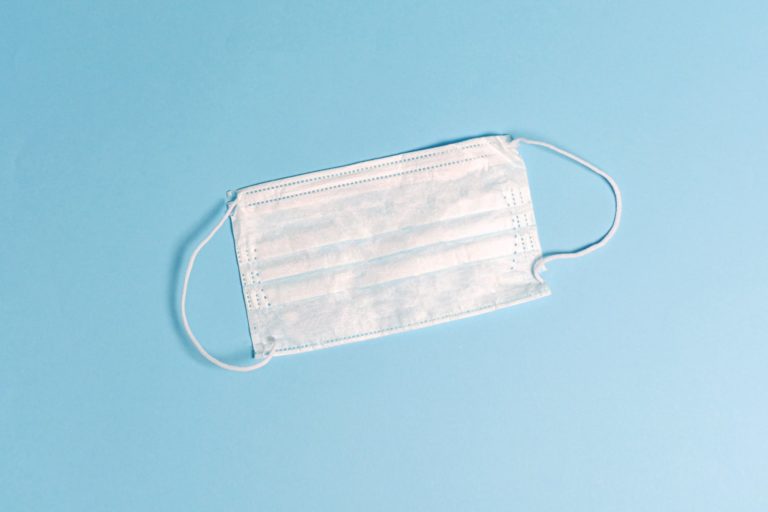
How Do I Keep Up My Spirits in the Pandemic?
The coronavirus has created some stressful situations that can bring out the best or worst in us. We must hope that the pandemic will eventually be brought under control, and our loved ones will survive.
AARP’s recent article entitled “Keeping Caregiver Spirits High During the Coronavirus Outbreak” says that there’s no single way to find hope.
Many family caregivers draw on their faith, and others on rely on sheer determination. However, there some other ways to create hope for caregivers and their loved ones in this pandemic.
The article provides some psychological ideas:
Watch your temperament. Through our disposition and upbringing, each one of us is inclined to look at the world as a pessimist or an optimist. These tendencies become more pronounced under the stress of a crisis. To get a sense of your natural tendency, keep a daily journal and record your current preoccupying thoughts. Keep that document and review it in a week. Rereading those entries will quickly let you know where you stand psychologically and let you to see if you need to take steps to better deal with the current pandemic.
Change your mindset. Since optimism is better, make an effort to increase your optimistic thinking. You could bring your attention more fully to some of the unforeseen benefits of this change in our normally hectic lives. Keeping a gratitude journal is another way of heightening your awareness of the good things we still have.
Rearrange your activities. Directing your activities can result in a more hopeful outlook. Don’t watch hours of cable news shows, because it can have a negative effect on your psyche. Keep informed but balance news with engaging in fun activities.
Contact your positive-minded friends. It is more crucial than ever to virtually contact your friends and family members for support by sharing experiences, fears and good wishes. Reach out to those who can sustain a more balanced and realistic view, acknowledging these negative times but also the positive possibilities.
Reference: AARP (March 31, 2020) “Keeping Caregiver Spirits High During the Coronavirus Outbreak”

